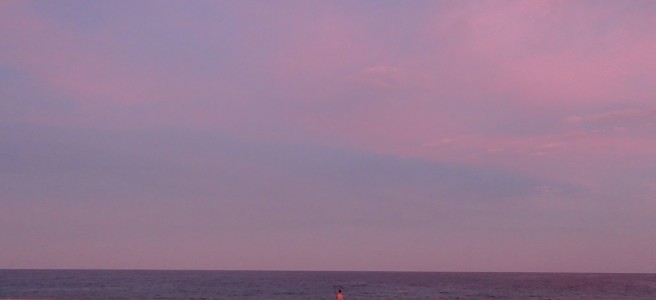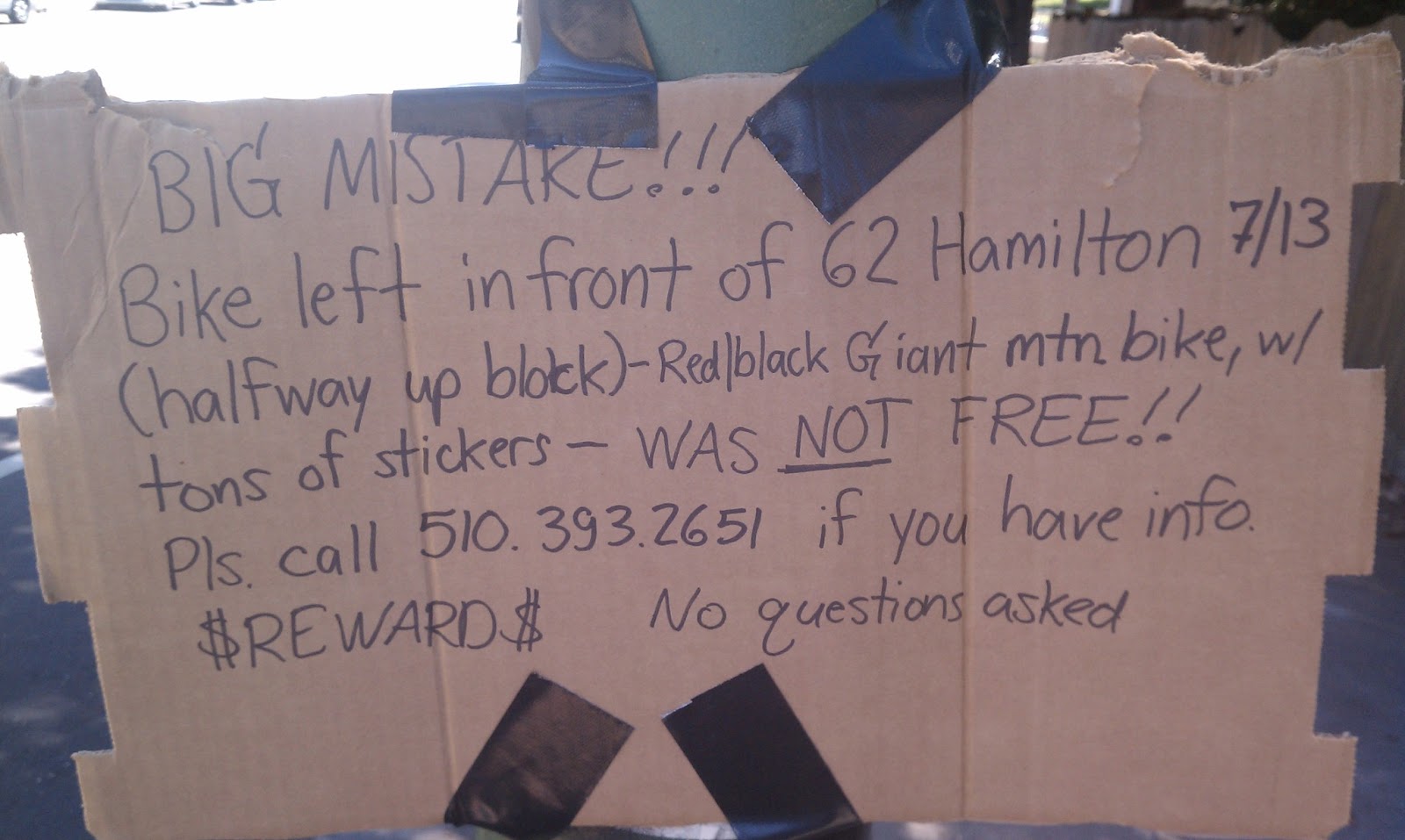“I think I’m ready to get a dog,” I told my mother. “And plant a garden. I think I’m ready for tomatoes.”
The time I spent in Latin America was formative in the way that only travelling alone can be. It was an opportunity to party with Belgians, sip mezcal with smugglers in a candlelit bar, and smoke Cuban cigars on the roof while volcanoes spewed lava under a full moon. I read Hemingway and Dosdoyevsky and watched pirated DVDs of shit TV when I was too sick to hold a book. It was a chance to be in a kind of social vacuum, away from friends and family, to look at what I like and who I want to be. After six months I found that I wanted to be at home.
When I got off a plane in Seattle, my hair was greasy and long. I had dirt underneath my fingernails, and what clothes I still had with me were stained or torn. I smelled very bad and had dozens of dollars to my name. Half a year as a trekking guide in Guatemala left me weary from the road and ready to put down roots.
For a while I was happy to build a life in a little mountain oasis with a dog and a row of tomatoes, but a few years later I quit a good job to drive to Mexico for a while. The garden had mostly failed, and the dog seemed happy to come along.
In the car I had good company and a folding chair and a long book, but the expectations of the trip were different from my time in Guatemala. I wasn’t so much looking for anything in particular so much as the experience of being on the road. Of moving every day and not thinking beyond what kind of ceviche we might have after a nap.
A nomadic inclination is natural, I think, for humans. Ten thousand years ago we wandered across the Bering Straight after game. Pre-Christian civilizations spanned Eurasia, Colonial Europeans mapped the globe, and two centuries ago new settlers trickled westward across a continent already claimed by a different sect of wanderers. Restlessness is as fundamental a part of the human experience as oral history and sharing fire.
But it’s not quite as simple as that, because we’re also driven to stay put and build. We discovered the wheel, and the written word flourished in the relative calm of agrarian society. Whether we’re piling sticks for a shelter or cultivating a field for grain or engineering a high rise apartment, what sets humankind apart is our industry and our drive to improve our place.
That disparity is at the heart of angst.
Not that long ago I drove through Idaho with the dog. The radio didn’t work and cell coverage was a distant memory. I was simply alone with a panting companion. At a gas station in Ketchum a man well into his 40s came to the passenger window, and the dog woke from a nap to greet him.
“Just you and your buddy, huh?” he asked. A Volkswagon van has a way of inviting conversation. The man drove a fifty thousand dollar Chevrolet, and in the back seat his young son was spreading chocolate ice cream across the upholstery. He looked through the van and saw the bits of camping gear spread out. He saw ski boots and a propane stove and a broken paperback, and his eyes glazed over with a kind of longing or instantaneous regret for every decision he’d made in his life. He wanted to talk about the van.
What he didn’t see was that I was sick. My eyes watered and my throat bled, and the van didn’t start when I turned the key. There was no bed in the back. I’d been sleeping alone in the desert, but never more than a few hours a night. There was sand in my toothbrush. I didn’t know if the engine was blown, or if the problem was electrical. If I needed a jump or a new battery or if the starter had finally gone. I did know that I didn’t have the money to fix it and that even under the best conditions the only place I wanted to be was still a day’s drive away. That I longed for a comfortable pickup truck with air conditioning and a good radio and that cruised at 80 miles an hour on the highway.
A man’s eyes turn desperate when he’s been on the road for too long, but if he sits still they soften and let the spark die out. I’m not exactly sure how we’re supposed to spend our time, but maybe that’s the point.




